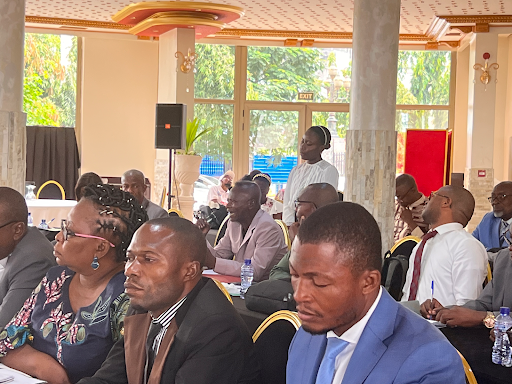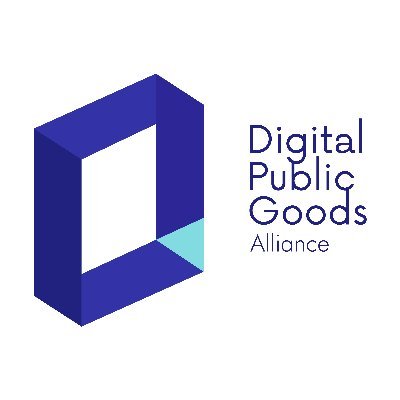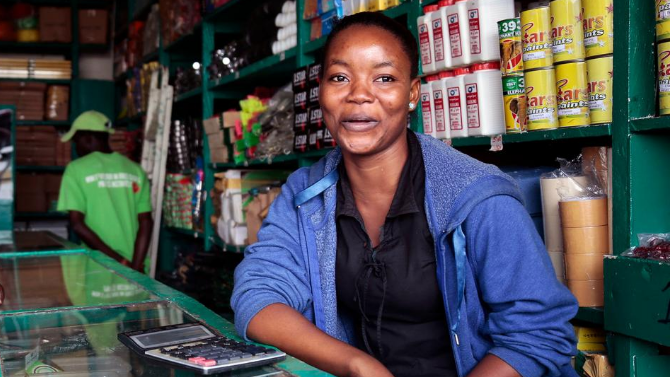Tech Development Without the Tech: The Importance of Listening
Development Gateway is currently working on a cutting-edge, UNOPS-funded project for Cities Alliance, a global partnership for urban poverty reduction and the promotion of the role of cities in sustainable development. The Cities Alliance, as part of their Future Cities Africa project, is interested in learning how can cities, regardless of where they sit on the data ecosystem spectrum, collect and analyze city-related data more effectively such that cities can become better managers and better planners of their development.
To achieve this goal, Development Gateway, in partnership with Athena Infonomics, is building a data toolkit for secondary African cities to help cities better understand what are important data points to collect, how different pieces of data relate to one another, and how data (both from a collection and analytical perspective) can be continuously improved upon.
What makes this project different
The term “toolkit” generally conjures up an image of computer-based tool. Though the ultimate vision of our toolkit is to indeed become a “physical” tool to be utilized by city officials, we are not building any technology as part of this project. In fact, it was not even a part of our Terms of Reference.
Cities Alliance, ourselves, and officials on the ground understand the necessity of first understanding what constitutes the backbone of a technical system before beginning development. But it is not just about understanding what are the necessary components that need to be integrated in a technical solution. Rather, we are interested in understanding the why, in order to grasp the context, interdependencies, and influences various different data types have on one another and the overall data system.
There is a growing movement in the tech sector that strongly emphasizes the necessity of focusing on, but more importantly, making a deliberate effort to understand the end user’s needs and context. From utilizing design thinking to the principles of digital development to Agile for development, there is an increased focus on ensuring users needs are met well before development ever starts.
What’s next?
Last month, teams from Development Gateway and Athena Infonomics traveled to Ghana and Uganda, two FCA countries, to meet with stakeholders on the ground to understand what type of city-relevant data is currently being collected and used as well as what are the missing needs and areas for improvement. Based off of extensive interviews with over 45 actors in both countries, we are working on synthesizing and applying our field visit findings to help inform our toolkit.
The toolkit is set to be launched this summer; stay tuned for more developments and updates.
Image: Kent MacElwee CC BY-NC-ND 2.0
Share This Post
Related from our library

Stakeholder, Where Art Thou?: Three Insights on Using Governance Structures to Foster Stakeholder Engagement
Through our Tobacco Control Data Initiative (TCDI) program and its sister program Data on Youth and Tobacco in Africa (DaYTA), we have learned that creating governance structures, such as advisory boards or steering committees, is one approach to ensuring that digital solutions appropriately meet stakeholders’ needs and foster future stakeholder engagement. In this blog, we explore three insights on how governance structures can advance buy-in with individual stakeholders while connecting them to one another.

DG’s Open Contracting Portal Designated as a Digital Public Good
Digital Public Goods Alliance designated DG’s Open Contracting Portal as a digital public good in September 2022. The Portal provides procurement analytics that can be used to improve procurement efficiency and, in turn, reduce corruption and increase impact.

To Enable W-SMEs to Thrive in Côte d’Ivoire We Start by Listening to their Data and Digital Needs
This blog is co-written by Development Gateway’s Aminata Camara, Senior Consultant; Kathryn Alexander, Senior Program Advisor; and MCC‘s Agnieszka Rawa, Managing Director of Data Collaboratives for Local Impact (DCLI). On June 28th, 2021, MCC, USAID, Microsoft, Thinkroom, and Development Gateway will be co-hosting a workshop to share, validate, inform, and build on recent research on